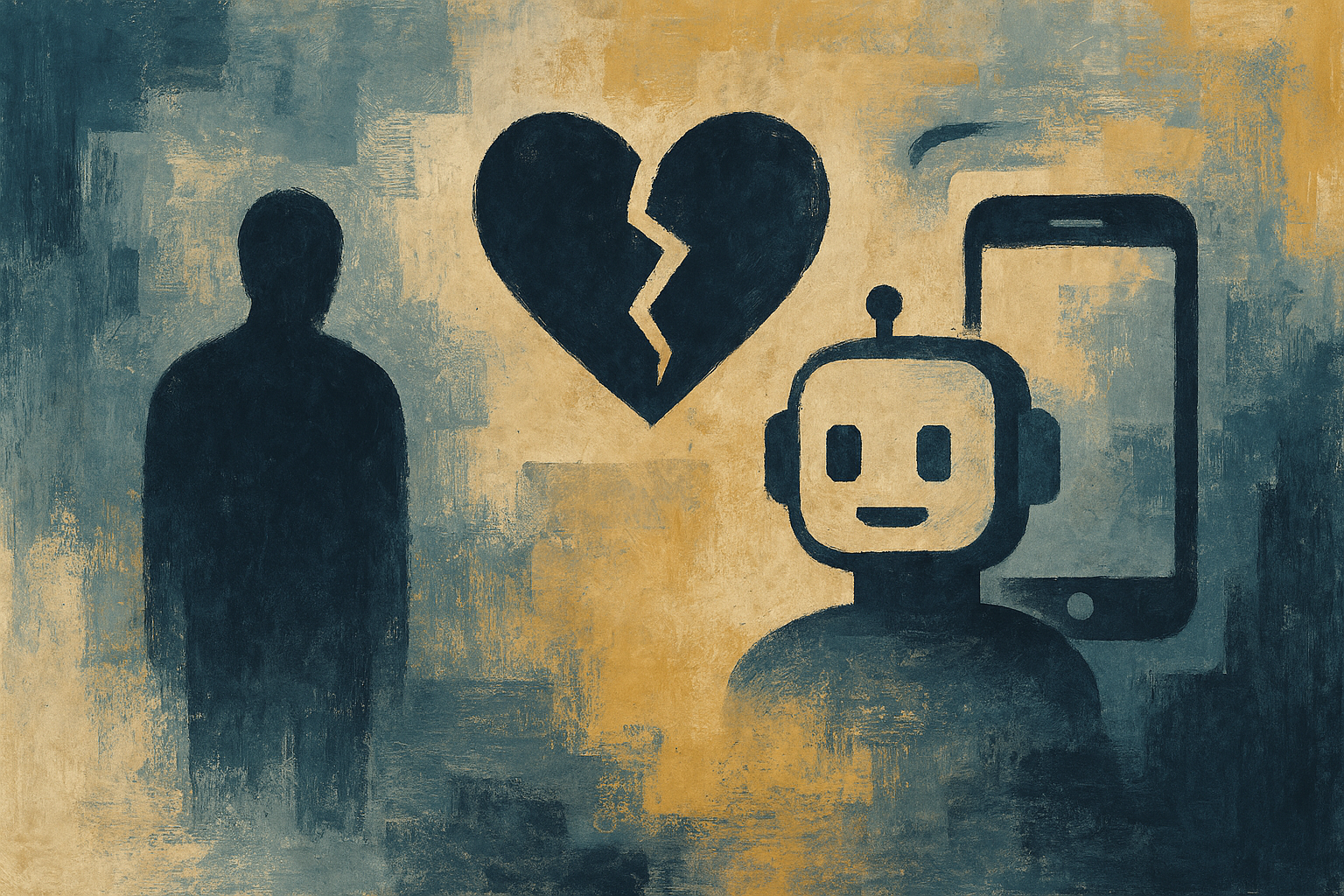Why We're Quietly Falling Apart — And How We Can Begin to Heal

There's a growing emptiness we don't talk about enough — not in our group chats, not on our social feeds, and definitely not in person. We've normalised isolation so well that loneliness now feels like part of the modern condition.
The mental health crisis isn't just about anxiety or depression. It's about something deeper — a breakdown in how we connect with each other and ourselves. And while we like to think we're "more connected than ever," many of us are slowly falling apart in silence.
So, how did we get here?
We stopped forming real human connections. Everything feels transactional. We meet, network, follow, unfollow — but we rarely connect in a way that makes us feel seen or understood.
Most of us don't have close friends anymore. Or maybe we have one or two. That's not a flaw — it's a reflection of a world where friendship has become passive, something we consume on feeds instead of cultivate in life.
We rely on digital friends and spaces for emotional support. Whether it's Discord servers, online communities, or even AI — we're substituting real human presence with digital comfort. It works, until it doesn't.
Our relationships and friendships fail more easily. Not because we're bad people, but because we were never taught how to maintain them. Conflict scares us. Vulnerability feels foreign. So we give up instead of working through it.
The idea of trust has eroded. We expect people to disappear, lie, cheat, or disappoint. We assume the worst — because we've seen it happen too many times. So we protect ourselves by staying distant.
We have no one to talk to. Not really. Sure, we can vent to a stranger online or joke about our pain in memes. But when it comes to deeply sharing what we're going through — most of us have no outlet.
We now rely on professionals and AI to hold space for us. And while that support can be life-saving, it's not a replacement for the healing that comes from genuine connection.
Talking to AI might feel easier — but it risks making things worse. It's tempting to pour your heart out to a machine that won't judge or interrupt. But over time, it creates a false sense of connection. You're heard, but not felt. You're comforted, but not held. It's a simulation of safety, not the real thing — and it can deepen the isolation you're trying to escape.
So, what can we actually do?
We can't solve this overnight, but we can begin — and it starts with small, real choices.
Start reducing our dependency on digital validation. Not by quitting cold turkey, but by choosing presence over performance. Text less, talk more. Be where your feet are.
Reconnect with people from your past. Reach out — not because you need something, but because you remember something good. A shared laugh. A feeling of ease. That's worth revisiting.
Understand that being alone is universal. You're not weird or broken for feeling isolated. We're all there, quietly hoping someone else will go first. Be that someone — even if it feels awkward.
Relearn how to trust. Not blindly, but bravely. Let people in slowly. Let them earn your trust — and give them the chance to.
Stop relying on AI to listen to you or be your friend. It's not built to care — only to respond. Real friendship is messy, emotional, and alive. You deserve something real, not something programmed to sound real.
Because in the end, we don't need more features, filters, or followers. We need more depth. More human-to-human conversations. More awkward "hey, I miss you" messages. More moments where we let someone in, even just a little.
The mental health crisis isn't only about what's going on in our heads. It's about what's missing from our lives — connection, community, care.
The world doesn't have to feel this empty. We can change the direction — together.